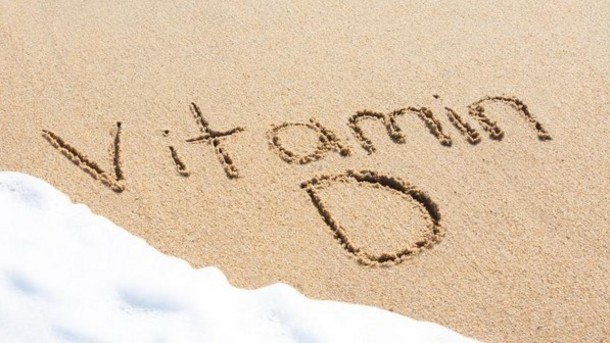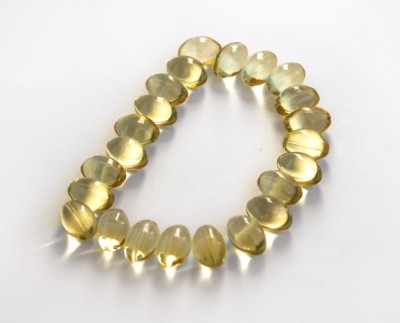Vitamin D supplements won’t protect against earthquakes: RCT data

The media headlines and scientific interest in vitamin D seemingly knows no bounds; from heart failure, to osteoporosis, IBD, and reducing the risk of falling, there has been huge interest shown in the potential the ‘sunshine vitamin’ in 2014.
However, new research from New Zealand may put a chink in the armour of the vitamin that some see as a silver-bullet for many ailments – by suggesting it has no benefit for those who undergo the serious trauma of experiencing an earthquake.
Writing in the slightly more playful Christmas edition of the BMJ, the authors aimed to determine whether supplementation with vitamin D improves resilience to the adverse effects of earthquakes – finding that there was no significant difference in the number of self reported adverse effects between those receiving vitamin D supplementation and those receiving placebo.
The BMJ Christmas Edition
Every year, the British Medical Journal (BMJ) publishes a series of papers that aren't exactly spoofs. The science in them is real, yet is often slightly silly, or on a topic that a serious and high ranking journal wouldn't normally consider.
"The essence of the Christmas BMJ is strangeness," the editors wrote in 2000.
“Vitamin D is viewed in some circles as something of a panacea, and, currently, no other vitamin receives more attention in the scientific literature,” wrote the team – led by Dr Sandy Slow from the University of Otago.
Indeed, Slow and colleagues noted that experiencing a natural disaster - such as a destructive earthquake - adversely affects mental health, adding that several studies have reported heightened anxiety, depression, and an increased incidence of post-traumatic stress disorder in earthquake survivors.
“Epidemiological studies suggest an association between vitamin D status and mental wellbeing, particularly depression and anxiety,” they wrote. “This is plausible because the requisite hydroxylases and vitamin D receptors for the local production and use of the biologically active 1,25-dihydroxyvitamin D have been found in important behavioural and emotional regions of the brain.
However, upon assessing the self reported effects and overall adverse impact of the Christchurch earthquakes, the team found that supplementation had no significant effect on the impact of the earthquakes.
“Despite the fashion for vitamin D supplementation, this study suggests that it does not reduce the adverse impact of earthquakes,” they said.
Study details
The data comes from participants who took part in a pre-defined randomised controlled trial set up to investigate vitamin D and acute respiratory infections (VIDARIS study) in New Zealand. Throughout the time while the trial took place (February 2010 and November 2011), the Christchurch area suffered a series of prolonged and catastrophic earthquakes, “which caused widespread destruction, fatalities, and extensive psychological damage.”
Slow and her team used data from 322 healthy adults (241 women; 81 men) aged 18-67 who were already participating in the study (VIDARIS) between. As part of the trial, participants were randomised to receive an oral dose of either 200,000 IU of vitamin D3 monthly for two months then 100,000 IU monthly (n=161) or placebo (n=161) for a total of 18 months.
A total of 308 participants completed an earthquake impact questionnaire, which found no difference in the overall adverse impact score between the two groups.
“The number of psychological adverse events—such as fatigue, stress, anxiety, and insomnia—that participants reported at their usual monthly appointments was significantly higher after the earthquake (χ2P=0.007) but did not differ between treatment groups,” said the team.
The team therefore concluded that vitamin D supplementation did not reduce the adverse impact of earthquakes in healthy adults.
Source: BMJ
Published online, open access, doi: 10.1136/bmj.g7260
“Effect of monthly vitamin D3 supplementation in healthy adults on adverse effects of earthquakes: randomised controlled trial”
Authors: Sandy Slow, et al















